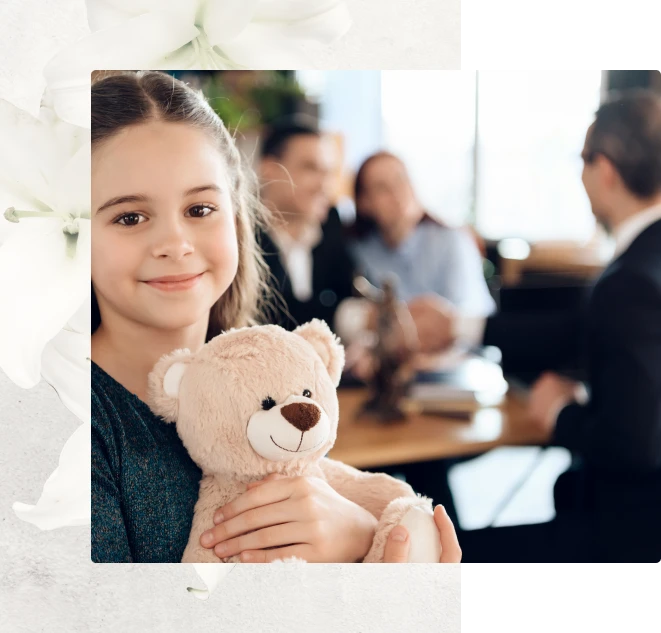
Needs and Views of the Child Reports for Families

Offering Clarity and Guidance in Family Disputes
Lurline, with her extensive experience and formal training, has been contracted to write Parenting Capacity Assessments for Calgary Child & Family Services in child protection cases. After relocating to BC, she has immersed herself in various areas related to family law, including evaluating children’s needs for family court proceedings involving parenting time and decision-making. As a seasoned professional in the family, Child, and adolescent counselling sphere, Lurline comprehends the complex needs of today’s children, parents, and families. Her goal is to offer clear insights and guidance through the family court report process, enabling the resolution of disputes and the prevention of future conflicts. When working with young clients in these matters, Lurline, as a child specialist, ensures a comfortable, developmentally-appropriate, and sensitive approach
Lurline is a Roster Member for the BC Hear the Child Society and a member of the Association of Family and Conciliation Courts, an international association dedicated to resolving family conflicts.
Different Types of Reports
Lurline provides different types of reports tailored to address specific questions and concerns for both legal professionals and families, with a steadfast focus on the best interests of the children involved.
Understanding the Distinctions: Hear the Child Report, Section 211 Report, and Views of the Child.
-
Hear The Child Report
Many clients and professionals find themselves confused about the differences between a ‘Hear the Child Report,’ a ‘Section 211 Report,’ and a ‘Views of the Child Report.’
Hear the Child Reports (FLA Section 202a)
A Hear the Child report is a non-evaluative narrative that solely consists of the Child’s comments without interpretation, analysis, opinions or recommendations. It is authorized by Section 37 of the Family Law Act, pertaining to children’s best interests, and Section 202 regarding children’s evidence, rather than Section 211. These reports provide a written account of the Child’s perspective on the issues affecting them.
Lurline, as a play therapist, creates a child-friendly and comfortable environment to facilitate a developmentally-tailored interview, encouraging the Child to express their wishes, wants, and needs openly and honestly. Other Counsellors at Allius Services can also prepare a Hear the Child report. Minimal information is collected from guardians or legal professionals prior to meeting the Child. The interview questions are chosen based on the information sought by parents or dispute resolution professionals, and the interviews are the written record. It typically takes approximately 6 hours to prepare a Hear the Child Report for one Child. While the Child’s report should not be the basis for making legal decisions, it does contributes a valuable piece of information to be considered alongside all other relevant factors.
It is important to exercise caution when choosing to use a Hear the Child report. They may not be very effective in high-conflict situations or when serious concerns exist regarding parenting capacity, mental health, substance abuse, or child safety. Additionally, it is essential to assess whether a child can meaningfully participate in the process based on their stage of development or other specific limitations. Hear the Child reports may not be appropriate if the child cannot express their preferences or fully understand their participation. They are not advised when complex resist-refuse dynamics exist since these are better assessed with Section 211 reports..
- Views of the Child
Allius Services serves clients across Nanaimo, Parksville, Qualicum Beach, Ladysmith, Chemainus, Port Alberni, and the surrounding areas.

